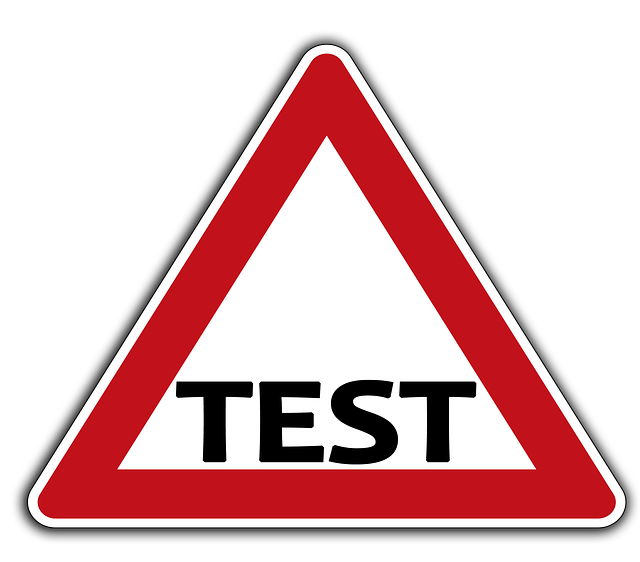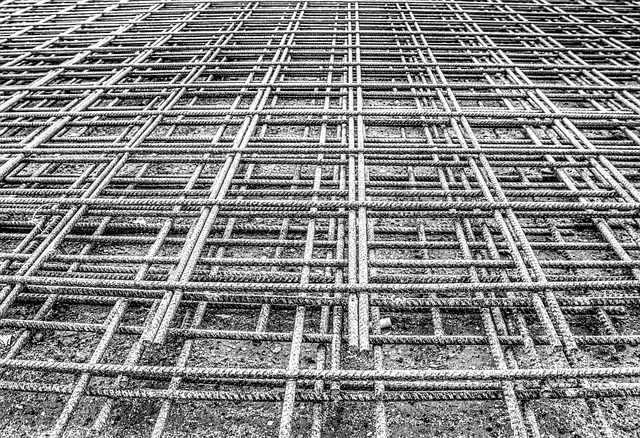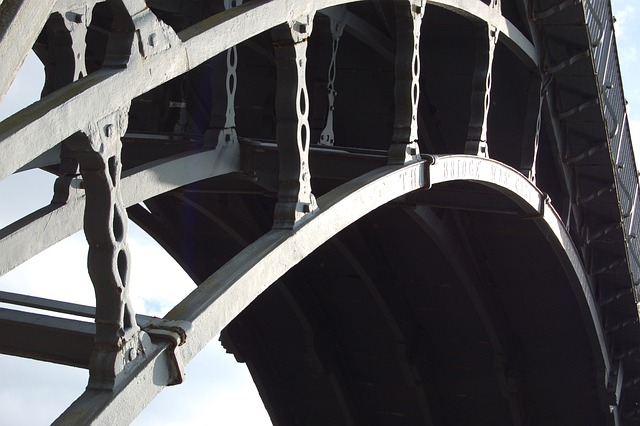A Foundation Inspection is a crucial step in understanding and securing your property's structural integrity. Experts conduct thorough assessments of footings, walls, and floors using advanced tools like drones, LiDAR scanners, and moisture meters to detect damage or decay early on. By identifying issues like cracks, water damage, and settlement, homeowners can make informed decisions about warranties, repairs, and maintenance, protecting significant real estate investments. Modern technology enhances inspection accuracy, enabling predictive maintenance and remote monitoring. Hiring professional inspectors is key to ensuring compliance with building codes, valid warranty claims, and long-term structural stability.
In the quest for robust home warranty solutions, a critical step often overlooked is understanding Foundation Inspection. This comprehensive guide delves into the intricacies of this process, serving as your roadmap to safeguarding one of your biggest investments—your home. From deciphering key inspection components to exploring modern tech’s role, we’ll illuminate common foundation issues and the benefits of professional inspectors. We’ll also navigate various warranty options, offering real-world case studies for a holistic understanding of Foundation Inspection‘s pivotal role in ensuring long-term protection.
Understanding Home Foundation Inspection: The First Step in Warranty Solutions

A thorough understanding of home foundation inspection is a fundamental first step in navigating warranty solutions for your property. This process involves a comprehensive evaluation of a house’s foundational elements, including footings, walls, and floors. Experts scrutinize signs of damage or movement, cracks, and structural integrity to identify potential issues that could impact the long-term stability of the home.
By conducting a meticulous foundation inspection, homeowners gain valuable insights into their property’s health. This information is crucial for making informed decisions regarding warranties, repairs, or maintenance routines. It allows for proactive measures to be taken, ensuring peace of mind and protecting significant investments in real estate.
Key Components of a Comprehensive Foundation Inspection

A comprehensive Foundation Inspection is an intricate process that involves several critical components to ensure the structural integrity and longevity of a home’s foundation. The inspection should begin with a visual assessment, meticulously examining every visible aspect of the foundation, including cracks, uneven surfaces, or signs of water damage. This initial step provides valuable insights into any potential issues.
Subsequent to the visual scan, non-destructive testing methods come into play, such as moisture meters and pressure tests, to gauge the level of humidity within the foundation walls and identify any leaks or seepage. Additionally, checking the structural elements, including beams, columns, and footings, for signs of rot, corrosion, or damage is essential. These key components of a thorough Foundation Inspection offer a holistic view of the home’s foundational health, enabling professionals to pinpoint and address potential problems before they escalate.
Identifying Common Foundation Issues: What Inspectors Look For

Foundation inspections are crucial steps in ensuring the structural integrity and longevity of a home. Inspectors are trained to look for various signs of distress or potential issues that could indicate problems with a house’s foundation. Common foundation issues often include cracks in the foundation walls, uneven floors, doors or windows that stick or swing when opened, and visible gaps around doors and windows.
During a foundation inspection, professionals carefully examine the exterior and interior of the home, paying close attention to signs of water damage, settlement cracks, heave (when the ground expands and contracts), and any misalignment of structural components. These observations help in identifying problems such as differential settling, heave-induced cracking, bowing walls, or even more severe issues like foundation failure, which can be caused by poor initial construction, soil conditions, or subsequent changes in the landscape.
The Role of Technology in Modern Foundation Inspection Techniques

Modern technology has revolutionized the way we approach foundation inspection, providing more efficient and accurate data than ever before. Drones equipped with high-resolution cameras and LiDAR scanners can access hard-to-reach areas, capturing detailed images and 3D models of structures that were previously difficult to inspect. This not only enhances safety for inspectors but also offers a comprehensive view of potential issues like cracks, heaves, or settlement.
Additionally, advanced data analytics and machine learning algorithms can process these vast datasets, identifying patterns and anomalies indicative of foundation problems. These tools enable predictive maintenance by highlighting areas prone to deterioration, allowing for proactive measures. With the integration of remote sensing and geospatial technologies, professionals can now map and monitor foundation health over time, ensuring better-informed decisions regarding warranty coverage and repair strategies.
Benefits of Hiring Professional Foundation Inspectors for Warranty Coverage

Hiring professional foundation inspectors is a strategic move for ensuring comprehensive warranty coverage and maintaining the structural integrity of your home. These experts bring a wealth of knowledge and experience to the table, allowing for an in-depth evaluation of your home’s foundation. A Foundation Inspection plays a pivotal role in identifying potential issues that might not be readily apparent to untrained eyes. By engaging professionals, you gain insights into the overall health of your home’s foundation, which is crucial for preventing costly repairs and ensuring long-term stability.
Professional inspectors utilize advanced tools and techniques to assess the foundation’s condition, including moisture levels, settlement cracks, and structural alignment. This detailed analysis enables them to provide valuable recommendations for repairs or reinforcements, thus extending the lifespan of your home’s foundation. Moreover, their expertise ensures that any work undertaken complies with local building codes and standards, enhancing the validity and strength of your warranty claims.
Navigating Home Foundation Warranty Options: Types and Extensions

Navigating home foundation warranty options involves understanding various types designed to cover different aspects of your home’s structural integrity. A typical foundation warranty may include coverage for defects in materials and workmanship, but it’s crucial to assess specific policies as some may exclude certain issues like settlement cracks or heave caused by soil conditions. Foundation inspections play a vital role here—a professional inspection can identify potential problems before they become costly repairs, helping you choose a warranty that aligns with your home’s unique needs.
When considering extensions, remember these add-ons to standard warranties often cater to specific concerns like water damage, earth movement, or settlement. Extensions can provide peace of mind by ensuring extra protection during unforeseen events. However, each extension comes at an additional cost, so weigh the benefits against the expenses to make informed decisions tailored to your home’s foundation health and your financial comfort.
Case Studies: Successful Implementation of Foundation Warranty Solutions

In the realm of home construction and maintenance, ensuring the integrity of the foundation is paramount. Case studies highlight successful implementations of foundation warranty solutions, where thorough foundation inspection played a pivotal role. These inspections, conducted by seasoned professionals, involve meticulous assessments of structural elements, identifying potential issues before they escalate. By employing advanced techniques and technology, such as ground-penetrating radar and moisture meters, builders can pinpoint weaknesses and implement targeted repairs, enhancing the long-term stability of the structure.
Subsequent to these inspections, tailored warranty programs are designed to safeguard homeowners against unforeseen foundation problems. These warranties not only provide peace of mind but also demonstrate a commitment to quality and customer satisfaction. By covering various aspects, from settlement cracks to moisture intrusion, such comprehensive guarantees foster trust and confidence in the built environment, ensuring that homes remain robust and secure for years to come.
